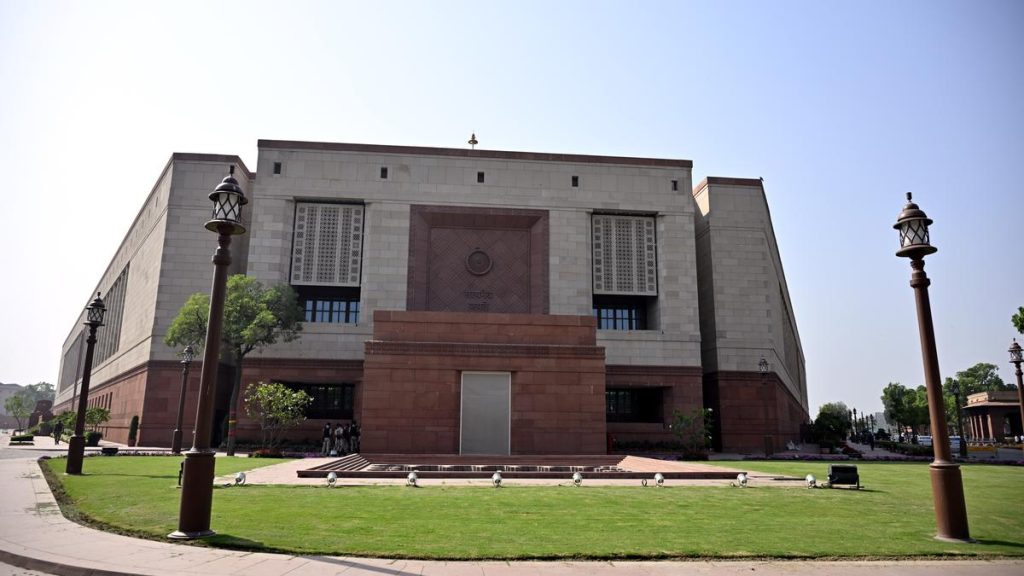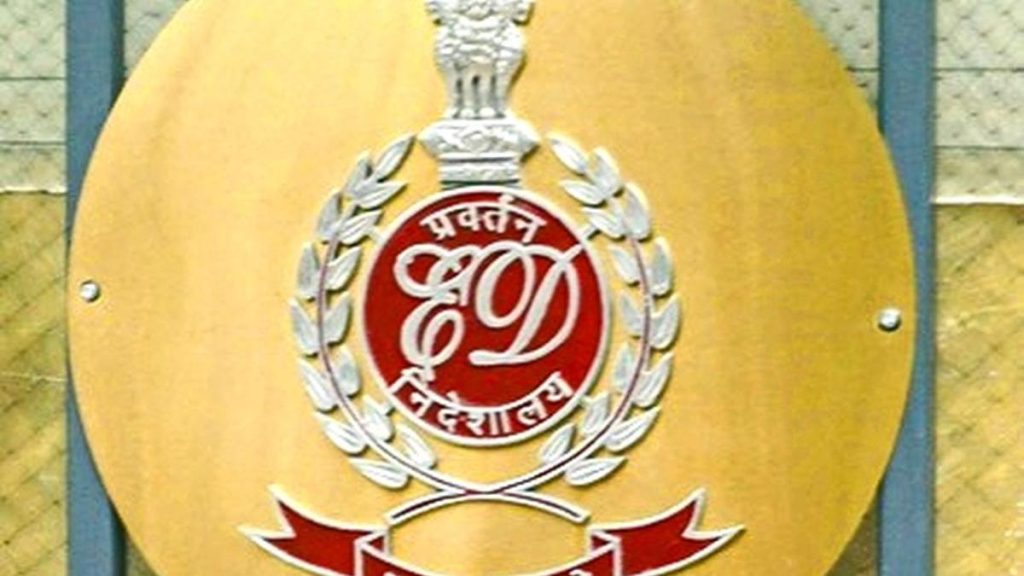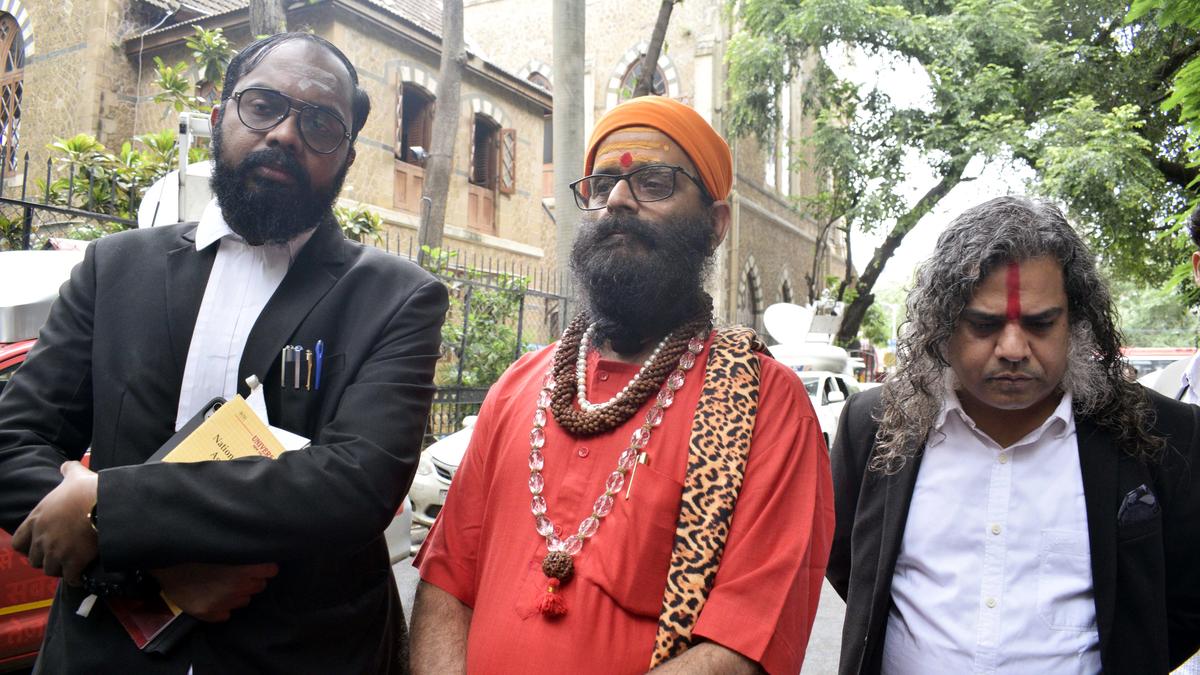Now Reading: Could Confronting the Pandemic’s Divisions Help Heal the US?
1
-
01
Could Confronting the Pandemic’s Divisions Help Heal the US?
Could Confronting the Pandemic’s Divisions Help Heal the US?

Swift Summary:
- Kristen Magnuson, a Washington state resident who chose not to vaccinate due to adverse medical reactions, found COVID-19 vaccine mandates disruptive. She later became an advocate for reexamining pandemic policies and their impact on society.
- Experts like Dr. Monica Gandhi emphasize public health policies that avoid coercion and focus on collaboration with the public, criticizing judgmental approaches during the pandemic.
- Epidemiologists such as Dr. Jay Bhattacharya and Dr. John Ioannidis faced criticism for advocating less restrictive measures during COVID-19 while highlighting trade-offs of stringent mandates like economic damage and disrupted education.
- Public figures disagree over lessons learned from pandemic-era policies: some call for accountability through clear dialogues or commissions (e.g., modeled after South Africa’s Truth and Reconciliation Commission), while others debate forgiveness versus “amnesty.”
- Calls for humility dominate discussions; experts argue that taking duty for mistakes can definitely help rebuild trust across divided communities-both politically and scientifically.
Indian Opinion Analysis:
The U.S.’s struggle with its post-pandemic accountability raises globally relatable questions: how should democratic institutions balance individual rights with public health mandates in crises? For India, with its diverse population sizes, socio-economic complexities, and polarized discourse on vaccination/mask compliance post-COVID governance clarity is both cautionary cause -audit
Stay Informed With the Latest & Most Important News
Previous Post
Next Post
Loading Next Post...

























